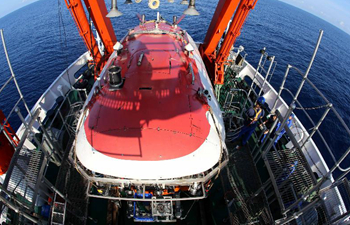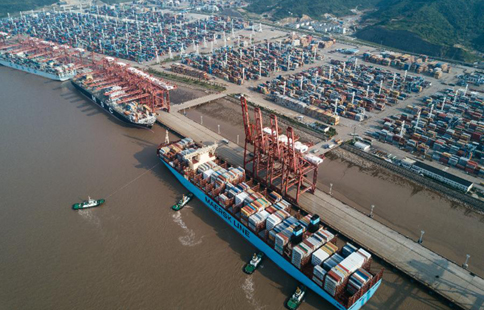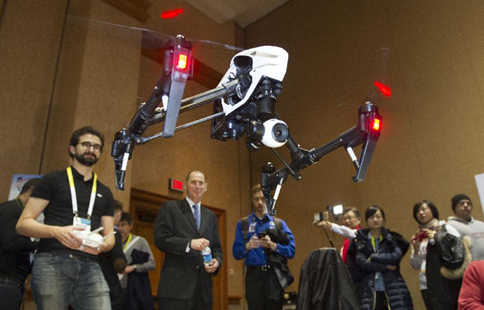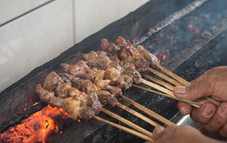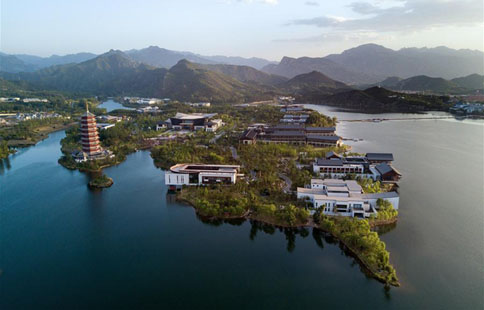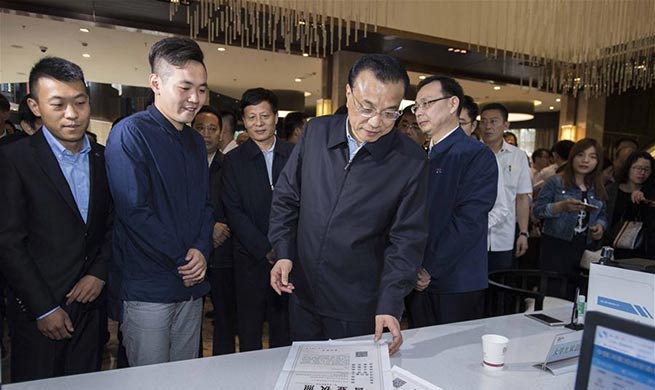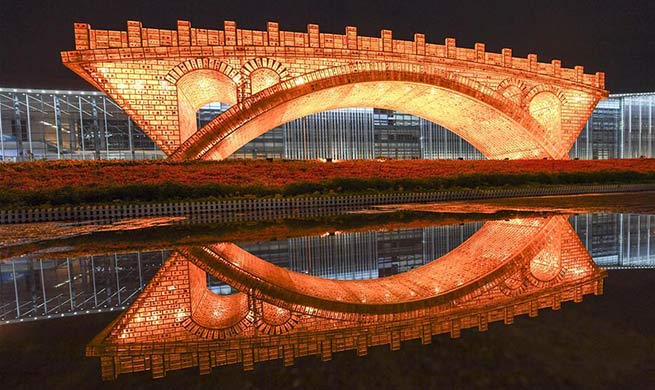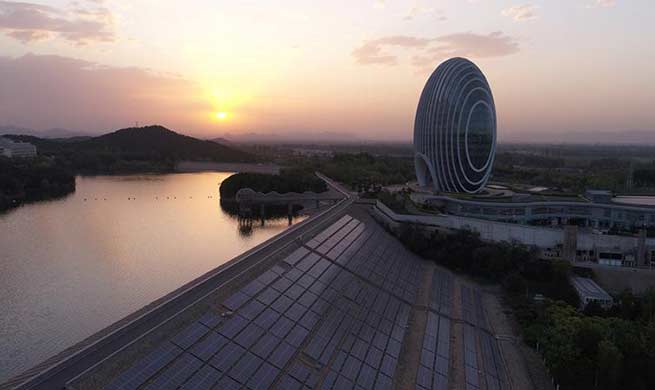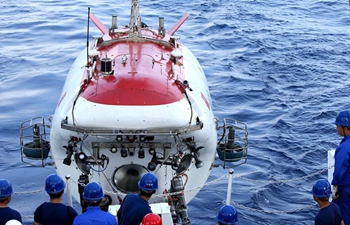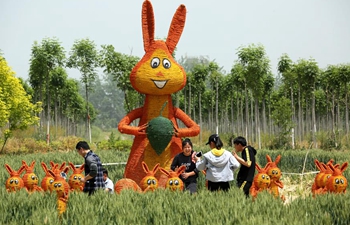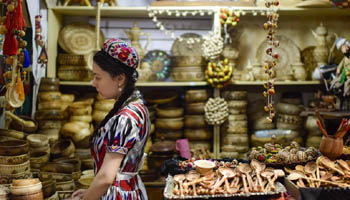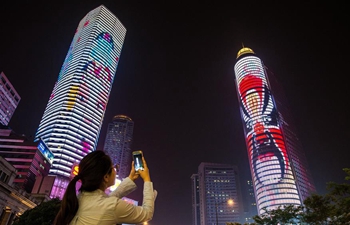JUBA, May 10 (Xinhua) -- South Sudanese President Salva Kiir on Tuesday evening sacked army chief General Paul Malong in a decree run on state television in Juba, replacing him with Lt. General James Ajongo Mawut.
Malong was appointed chief of the South Sudan army (SPLA) in December 2013 after war broke out and was until his sacking part of a group of senior generals indicted by the UN for orchestrating killings and atrocities during the more than three years of violent conflict in the war-torn youngest nation.
The UN and various international NGOs accused him of recruiting the Mathiang Ayoor militia largely composed of his ethnic Dinka youth from his native Northern Bahr El Ghazal region, where president Kiir also hails from, to fight against former first vice president Riek Machar's predominantly Nuer rebel group.
According to President Kiir's spokesman Ateny Wek Ateny, General Malong's tenure at the helm of the SPLA had expired after serving the mandatory four years.
"The position is to be held between two to four years and the president as the commander in chief has the prerogative to appoint anybody and sack him/her," Ateny told Xinhua on Wednesday.
"If he (Kiir) appoints him to any other position he will serve," he added.
Ateny also downplayed fears that the SPLA notorious for paying blind loyalty to some of its charismatic and feared generals would experience division along sectarian lines in the aftermath of Malong's sacking.
"There will be no division within the army," he disclosed. The former army chief was known for not having a better working relation with the powerful defence minister and Kiir loyalist Kuol Manyang Juuk to extent of the minister threatening to resign more than twice attracting the president to cajole him to stay on.
The sacking comes amid tension which is very high in Juba as soldiers loyal to President Kiir are deployed on Juba streets and plainclothes national security agents drive in and around the capital, telling people to go inside their houses.
South Sudan descended into violence in December 2013 after political dispute between President Salva Kiir and his former deputy Machar led to fighting that pitted mostly Dinka ethnic soldiers loyal to Kiir against Machar's Nuer ethnic group.
The conflict has killed tens of thousands and displaced over 2 million from their homes, and forced more than 1.5 million to flee into neighbouring countries.
The peace agreement to end the violence was again violated in July 2016 when the rival factions resumed fighting in the capital, forcing the rebel leader Riek Machar to flee into exile.




